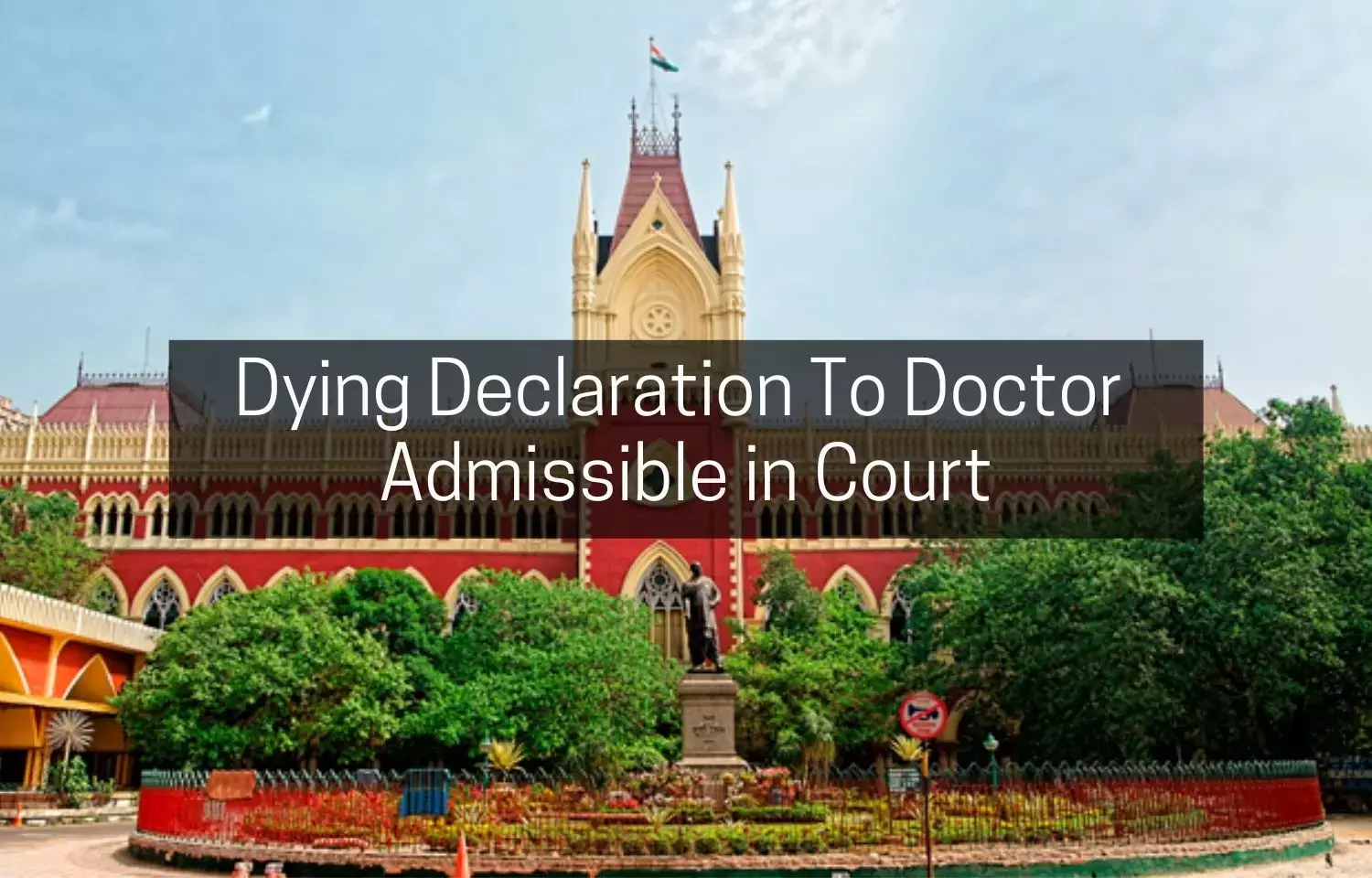- Home
- Medical news & Guidelines
- Anesthesiology
- Cardiology and CTVS
- Critical Care
- Dentistry
- Dermatology
- Diabetes and Endocrinology
- ENT
- Gastroenterology
- Medicine
- Nephrology
- Neurology
- Obstretics-Gynaecology
- Oncology
- Ophthalmology
- Orthopaedics
- Pediatrics-Neonatology
- Psychiatry
- Pulmonology
- Radiology
- Surgery
- Urology
- Laboratory Medicine
- Diet
- Nursing
- Paramedical
- Physiotherapy
- Health news
- Fact Check
- Bone Health Fact Check
- Brain Health Fact Check
- Cancer Related Fact Check
- Child Care Fact Check
- Dental and oral health fact check
- Diabetes and metabolic health fact check
- Diet and Nutrition Fact Check
- Eye and ENT Care Fact Check
- Fitness fact check
- Gut health fact check
- Heart health fact check
- Kidney health fact check
- Medical education fact check
- Men's health fact check
- Respiratory fact check
- Skin and hair care fact check
- Vaccine and Immunization fact check
- Women's health fact check
- AYUSH
- State News
- Andaman and Nicobar Islands
- Andhra Pradesh
- Arunachal Pradesh
- Assam
- Bihar
- Chandigarh
- Chattisgarh
- Dadra and Nagar Haveli
- Daman and Diu
- Delhi
- Goa
- Gujarat
- Haryana
- Himachal Pradesh
- Jammu & Kashmir
- Jharkhand
- Karnataka
- Kerala
- Ladakh
- Lakshadweep
- Madhya Pradesh
- Maharashtra
- Manipur
- Meghalaya
- Mizoram
- Nagaland
- Odisha
- Puducherry
- Punjab
- Rajasthan
- Sikkim
- Tamil Nadu
- Telangana
- Tripura
- Uttar Pradesh
- Uttrakhand
- West Bengal
- Medical Education
- Industry
Dying Declaration Made to Doctor Admissible in Court: Orissa HC

Cuttack: The High Court of Orissa recently made it clear that dying declarations made to a doctor is very much admissible in court since the doctor is the best person to assess the mental state of the patient.
Such an observation was made by the HC bench comprising of Chief Justice Dr. S. Muralidhar and Justice Radha Krishna Pattanaik while it was considering a case concerning burn injury victim who died after recording his declaration to her doctor.
The main case concerned a patient who succumbed to burn injuries. An informant had lodged a complaint against the husband of the victim describing the alleged incident back in 2003. Accordingly, a case was registered under Section 307 IPC. After the patient died, the husband of the victim, who is the appellant before the High Court, was charge sheeted under Section 302 IPC.
On the other hand, the AGA referred to decision of Supreme Court in Laxman v. State of Maharastra and contended that a certification of doctor is a rule of caution and therefore, the truthfulness of the declaration can be established otherwise. He further cited several other rulings of the Supreme Court in the case of Sohan Lal @ Sohan Singh and others v. State of Punjab, Kushal Rao v. State of Bombay AIR 1958, and State of U.P. v. Veerpal and another.
Referring to the Supreme Court order in the case of Shyam Shankar Kankaria, the Court was of the opinion that in Shyam Shankar Kankaria case, the Supreme Court held that the dying declaration can be the sole basis of conviction but the court has to be on guard to ensure that it was not on account of tutoring or prompting or a product of imagination, as it has to be further satisfied that the deceased was in a fit state of mind.
M.A in English Barsha completed her Master's in English from the University of Burdwan, West Bengal in 2018. Having a knack for Journalism she joined Medical Dialogues back in 2020. She mainly covers news about medico legal cases, NMC/DCI updates, medical education issues including the latest updates about medical and dental colleges in India. She can be contacted at editorial@medicaldialogues.in.


